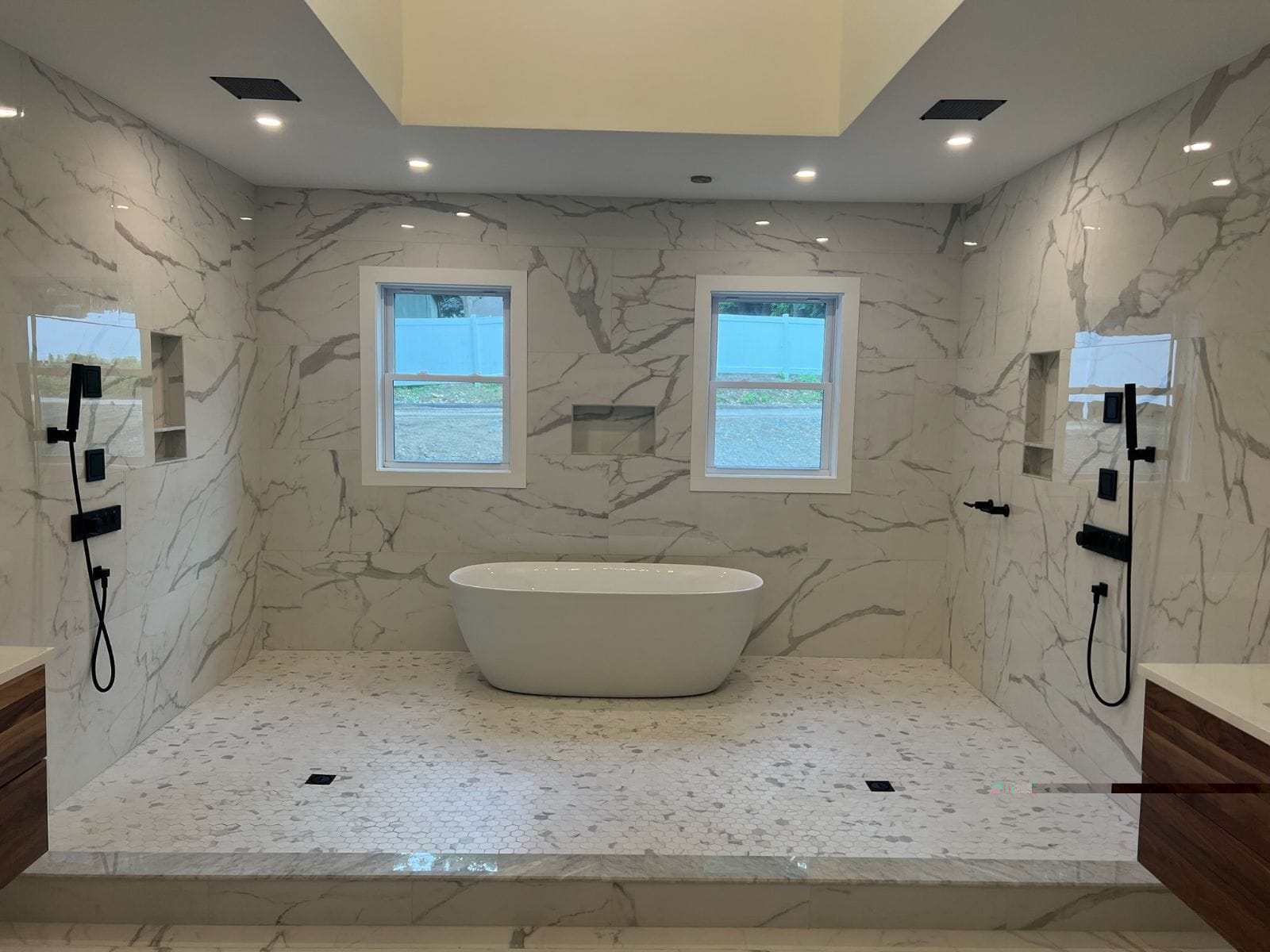
The Ultimate Guide to Choosing the Right Tile for Your Home Sep 07, 2025
Understanding Tile Types
Before diving into styles and colors, it’s important to understand the different types of tiles. Ceramic and porcelain tiles are the most popular options due to their durability and versatility. Ceramic tiles are great for walls and areas with low moisture, like kitchen backsplashes. Porcelain tiles, on the other hand, are denser, making them perfect for areas with high foot traffic or moisture, such as bathrooms and entryways.
Natural stone tiles, like marble, granite, and slate, are known for their unique appearances and timeless appeal. While stunning, they may require more care and are typically more expensive. For eco-friendly options, consider glass or recycled materials that add a unique touch while being sustainable.
Consider the Room’s Purpose
When choosing tiles, consider the function of the room. High-moisture areas such as bathrooms should have tiles that are waterproof and slip-resistant. Textured porcelain or natural stone with a matte finish are excellent options for bathrooms and kitchens. For living spaces, where comfort is key, stone or ceramic tiles with a satin or polished finish can lend warmth and elegance.
Color and Style Considerations
Color plays a significant role in setting the tone of your space. Neutral colors create a calm and cohesive look, while bold colors can make a striking statement. If you prefer flexibility in decor over time, opt for timeless hues like white, beige, or gray. Versatile patterns can also add interest without overwhelming the space. Herringbone, chevron, or geometric prints are trendy and add a contemporary touch to any room.
Size and Layout Impact
The size of your tiles can dramatically influence the perception of space in a room. Larger tiles can make smaller spaces appear bigger by reducing the number of grout lines, which expands the continuous look of the flooring or walls. Small mosaic tiles can be used to create intricate designs or as accents. Consider the layout as well; horizontal arrangements can widen a narrow room, while vertical arrangements can add height to a low ceiling.
Budget and Maintenance
Budget is a practical consideration, but it shouldn’t come at the cost of compromising on quality. Versatile tiles, like porcelain, offer durability and style at an affordable price. Remember to factor in installation costs and the long-term maintenance required. Tiles that are easy to clean are practical for high-use areas, while those needing more care can add luxury in key architectural features.
In conclusion, choosing the right tile involves balancing style, functionality, and budget. With this guide, we hope you feel more confident in making informed decisions for your home. At VersaTile LLC, we’re dedicated to helping you create beautiful, functional spaces with the perfect tiling options to suit every need. For personalized advice, or to browse our extensive tile collection, feel free to reach out. Your ideal home design awaits, one tile at a time.
/filters:no_upscale()/media/c2f7429a-8fcc-42bb-9f5c-9b67666be188.jpeg)